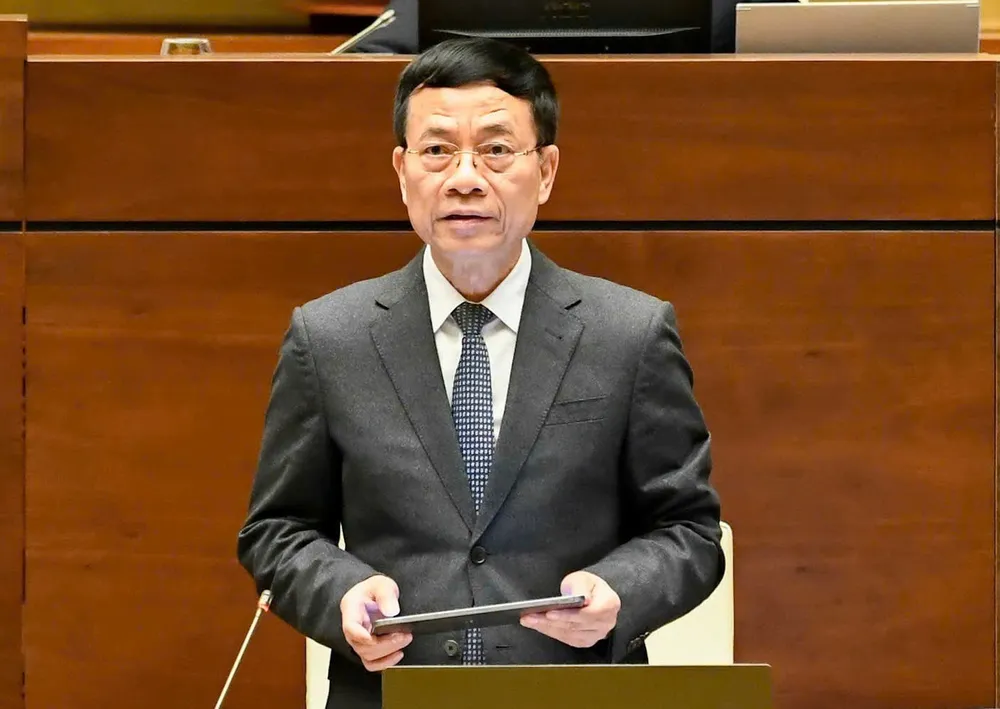
Delegate Nguyen Tam Hung (HCMC) is concerned about AI and the use of data for AI training. The delegate believes that the draft amendment allows organizations and individuals to "use documents and data that have been legally published and are accessible to the public for the purpose of researching, training and developing artificial intelligence systems". However, to avoid disputes over the scope of use, the delegate suggests clarifying the criteria of "not causing damage to the legitimate interests of authors and owners" and adding criteria for assessing impacts in cases of large-scale data use. Because clear regulations will ensure a balance between promoting innovation and protecting copyright in the digital environment.
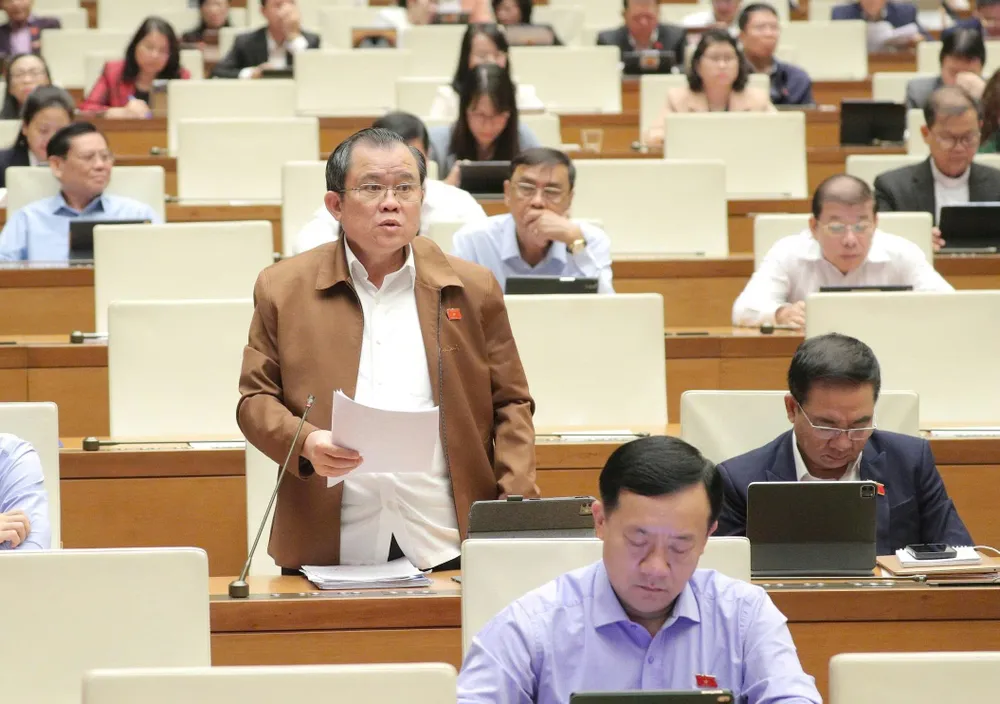
Delegate Pham Trong Nghia ( Lang Son ) is concerned about intellectual property rights for products created by AI. This is also an issue with many different opinions in the international community. The delegate stated that the draft law stipulates that the author must directly create the work, even in the case of co-authorship, there must be 2 or more people. The AI system is not recognized as the author even in the case of being the sole author or one of the authors. Thus, the draft law does not recognize the intellectual property rights of AI and does not protect works created by AI.
Deputy Pham Trong Nghia proposed to recognize intellectual property rights for works created by AI and apply a conditional protection model. At the same time, the draft law must also emphasize the principle of human creativity as the core element, clearly defining that AI is not the subject of rights but the subject of rights is humans, the final user/operator of AI, unless there is an agreement with another person. “This approach does not deny the role of AI but still maintains the requirements for the originality of the product and human creativity,” said Deputy Pham Trong Nghia.

Deputy Pham Trong Nghia proposed to add regulations that works and products created by AI systems are only protected by intellectual property rights when there is significant creative participation of humans in the process of forming, editing or orienting the content; regulations that ownership, exploitation and legal responsibility for products created by AI belong to the organizations and individuals who directly train and operate them.
Explaining to the National Assembly, Minister of Science and Technology Nguyen Manh Hung emphasized that the main idea of this amendment and supplement to the Intellectual Property Law is that intellectual property must turn research results into assets that can be traded, only then will there be a market and technology. Intellectual property must become the property of enterprises, can be valued, bought and sold, included in financial reports, can be collateral for borrowing capital, especially new technology assets, digital technology . The most important shift of intellectual property is the shift from protecting rights to assetizing, commercializing and marketizing research results. Intellectual property must become a strategic competitive tool for enterprises and the country.
A developed country is a country where intangible assets and intellectual assets account for 80% of total assets. Vietnam has reached the stage where it must prioritize the development and protection of intellectual assets to develop Vietnam into a high-income country. Therefore, the amendments and supplements basically revolve around this new orientation, in sync with related laws on science and technology.
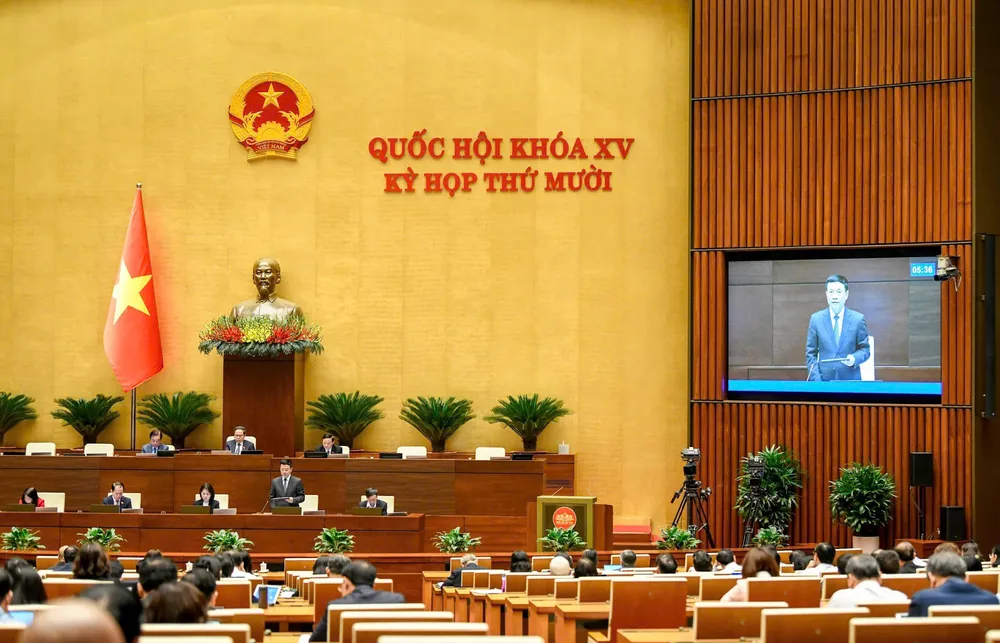
Regarding products created by AI, the Minister said that AI is not the subject of intellectual property rights. Products created automatically by AI, without human participation, are not protected by copyright or patent like human works. Products created by humans using AI as a tool, like a drawing pen or camera, if humans have significant creative contributions (such as ideas, directions, selections, editing AI results), they can be recognized as authors and inventors; but if humans contribute little, use AI as a colleague (for example, only make contextual requests), they are not authors, but have the right to use and commercialize. Basically, countries are approaching in this direction. The law will assign the Government to determine the level of creativity of users to have appropriate protection mechanisms.
The Minister also stated that the drafting committee will continue to carefully study opinions on the use of information that has been legally published, publicly available and accessible to the public for the purpose of training AI, provided that the output of AI does not infringe on copyright. “Just like when we read information online for reasoning, perception, and learning, we do not have to ask for permission from the author, but when creating other content, we must ensure that we do not infringe on the intellectual property rights of others. AI without access to data will not exist. The way we treat human intelligence should be the same way we treat AI. However, the drafting committee will seriously study and carefully consider this content,” the Minister said.
Source: https://www.sggp.org.vn/san-pham-do-ai-tao-ra-khong-co-su-tham-gia-cua-con-nguoi-thi-khong-duoc-bao-ho-post825143.html





![[Photo] Next to the "mountain of trash" after the flood, Tuy Hoa residents strive to rebuild their lives](/_next/image?url=https%3A%2F%2Fvphoto.vietnam.vn%2Fthumb%2F1200x675%2Fvietnam%2Fresource%2FIMAGE%2F2025%2F11%2F24%2F1763951389752_image-1-jpg.webp&w=3840&q=75)


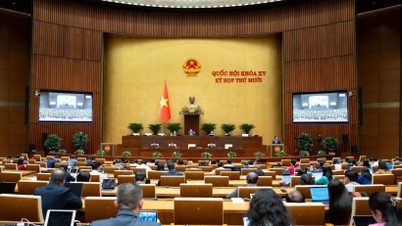

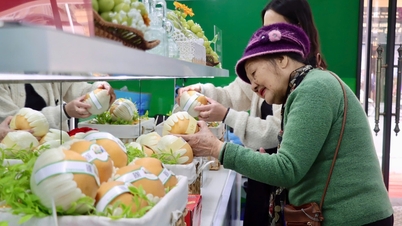

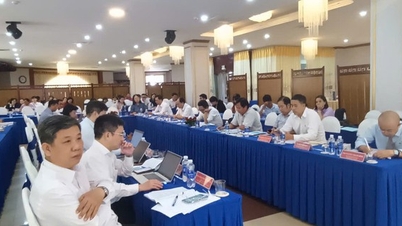





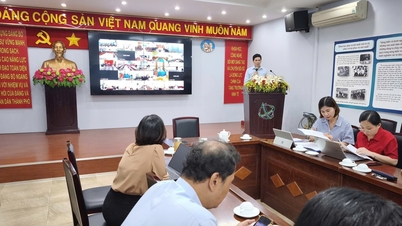




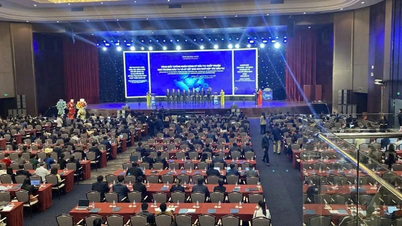








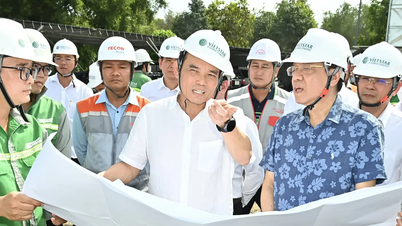
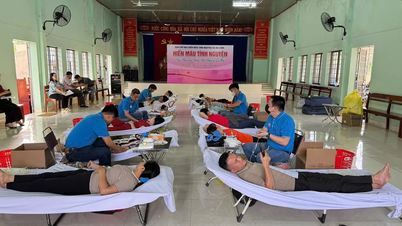

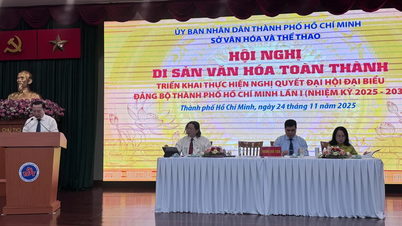
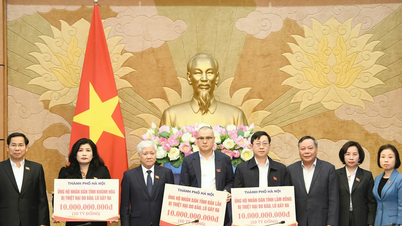


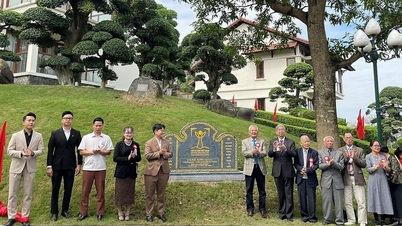
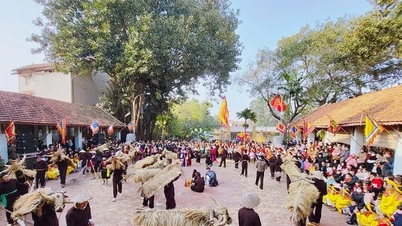

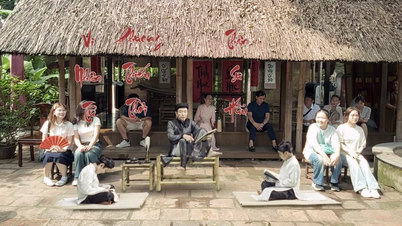

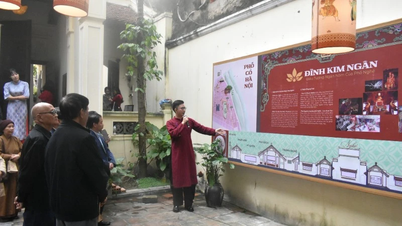






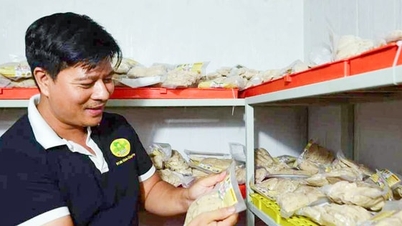




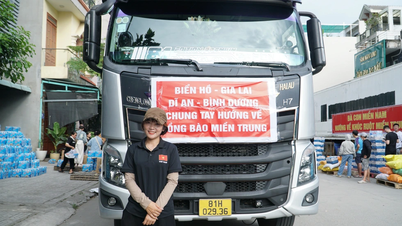



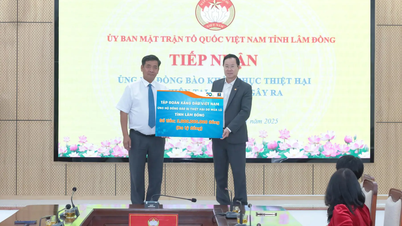

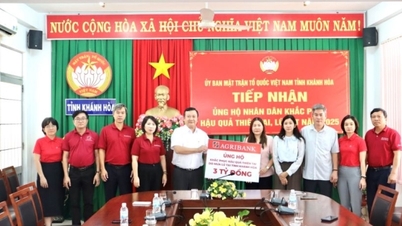

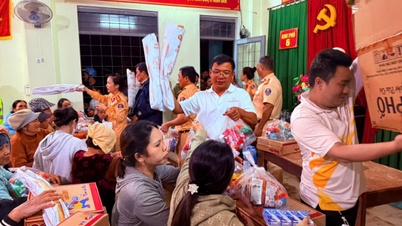


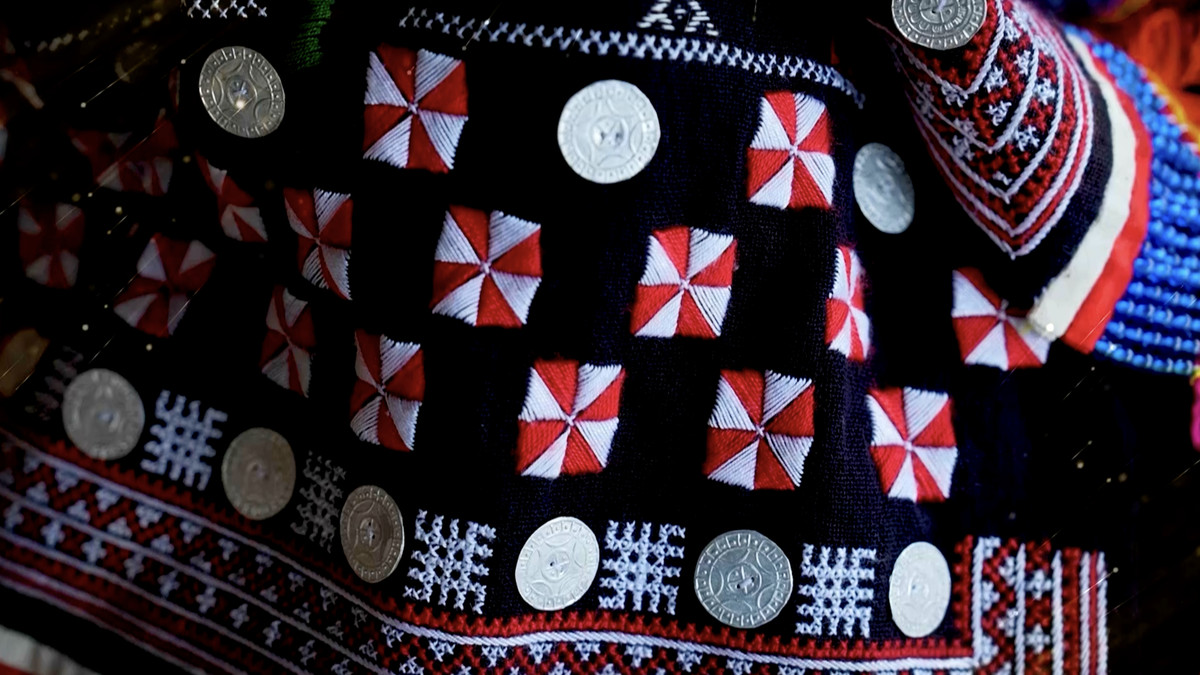





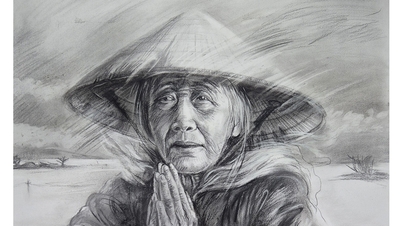
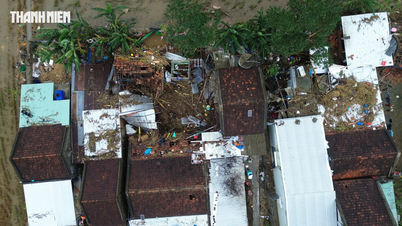

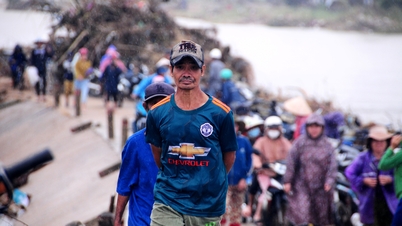
![[Photo] General Secretary To Lam attends the National Conference to review the Party's inspection, supervision and discipline enforcement work in 2025 and the 13th Congress term](https://vphoto.vietnam.vn/thumb/402x226/vietnam/resource/IMAGE/2025/11/24/1763967570884_anh-man-hinh-2025-11-24-luc-13-59-19.png)
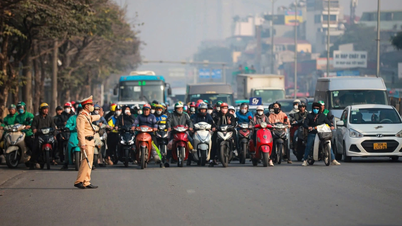
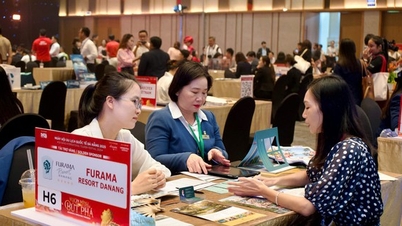


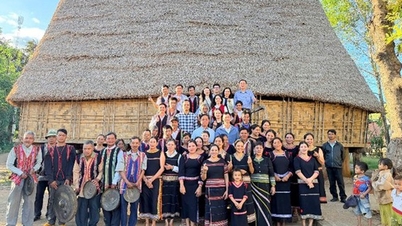
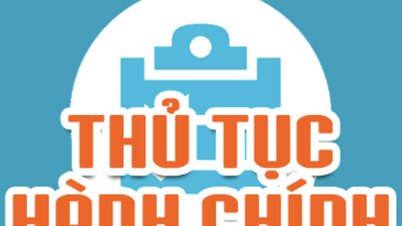
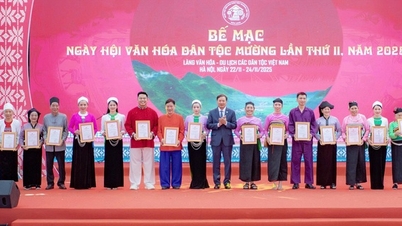
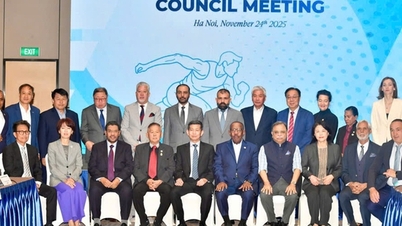


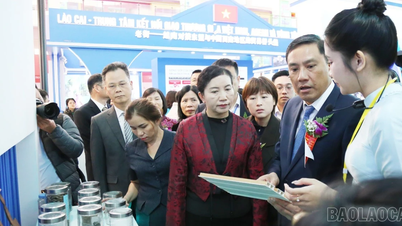
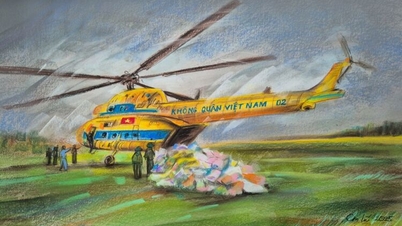














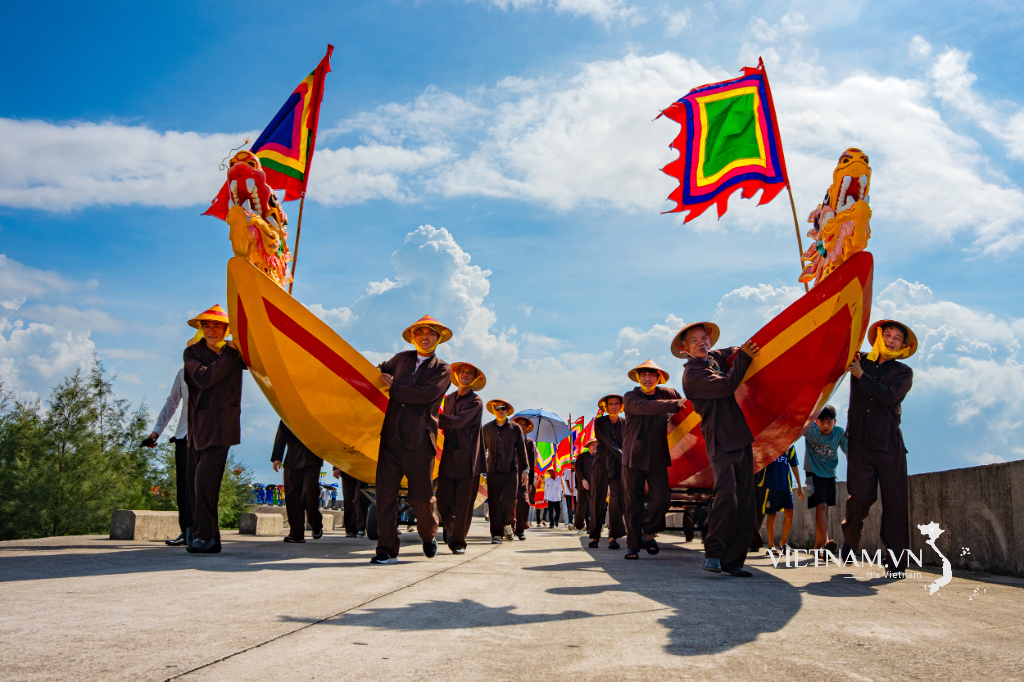

Comment (0)